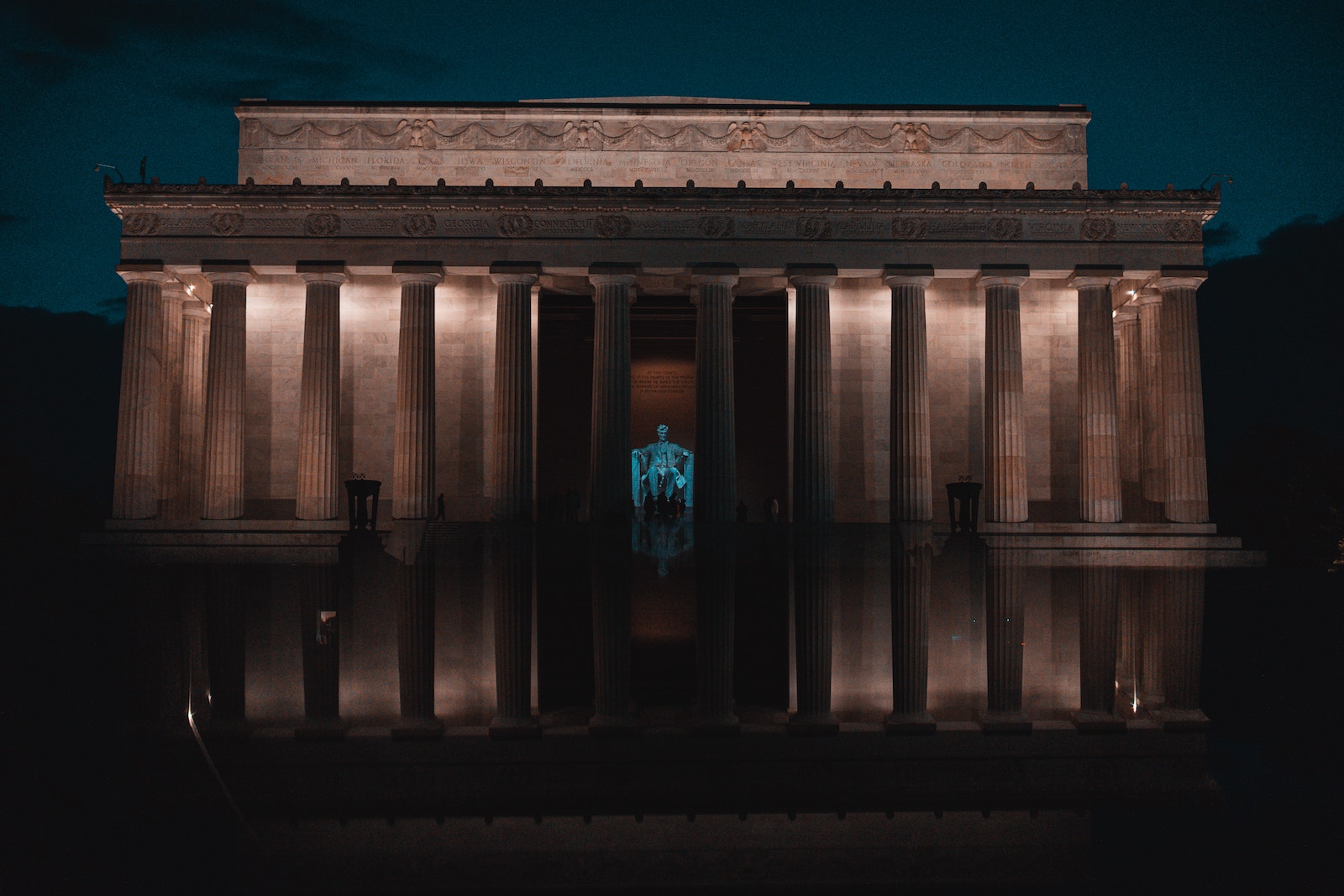-
 The vote is precious. It is almost sacred.The vote is precious. It is almost sacred.It is the most powerful non-violentIt is the most powerful non-violenttool we have in democracy.tool we have in democracy.John LewisJohn Lewis
The vote is precious. It is almost sacred.The vote is precious. It is almost sacred.It is the most powerful non-violentIt is the most powerful non-violenttool we have in democracy.tool we have in democracy.John LewisJohn Lewis
REGISTER TO VOTE
In the 2020 presidential election, voter turnout across all age groups surged among both Republicans and Democrats. Nearly 67% of eligible voters cast their ballots, a significant increase from the 2016 election where only about 55% of adult citizens voted. As we look ahead to the pivotal 2024 elections, concerns arise about the engagement of the next generation of voters. Young voters are feeling disengaged or disillusioned with our current politics, and are increasingly identifying as independent.
Historically, elections are influenced not only by voters, but also by the nearly half of Americans who regularly opt out of voting. In 2020, 25% of ballots cast were by people who had not voted in 2016, highlighting the potential impact of nonvoters. Furthermore, nearly 1 million people became naturalized American citizens in 2022, the highest level in 15 years. These new voices must be invited in, to ensure that we have a representative democracy. Eligible citizens who are not registered cannot cast a ballot, even if they show up to vote. Voting is a valued privilege and a cornerstone of our democracy. It is crucial to encourage voter registration and participation, in order to ensure a robust democratic process.
To find out how to register in your state so you can have your voice heard in November, please click the button below.
A Proud History of Voting
On December 15th, 1788, America held its first presidential election as a new nation. Four months later, on April 30th 1789, George Washington was sworn in as the first President of the United States. Over the following 200+ years, voting has become America’s most treasured tool to affect change in the country.
But voting is more than just a sacred right, one that belongs to every citizen in our country. It’s also a duty, one that we must exercise diligently year after year. Only by voting can we keep our nation’s leaders accountable, and fend off the very tyranny and corruption our founding fathers so clearly feared.
